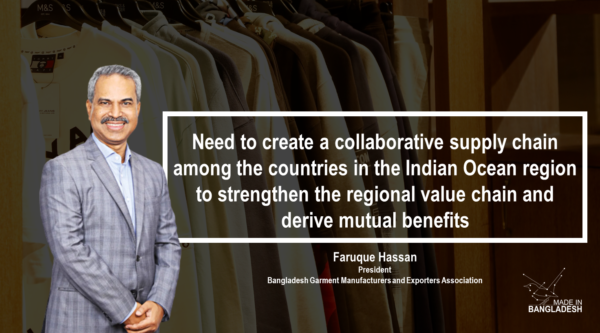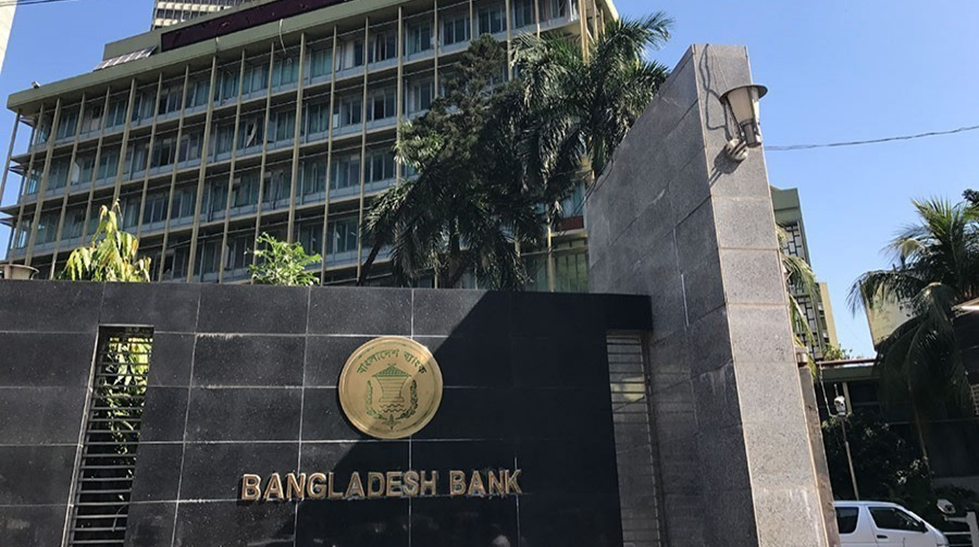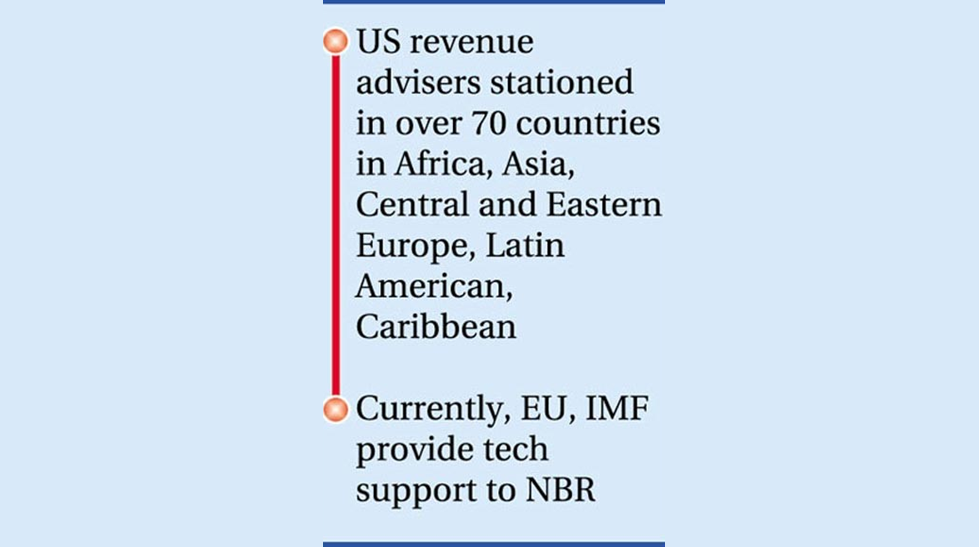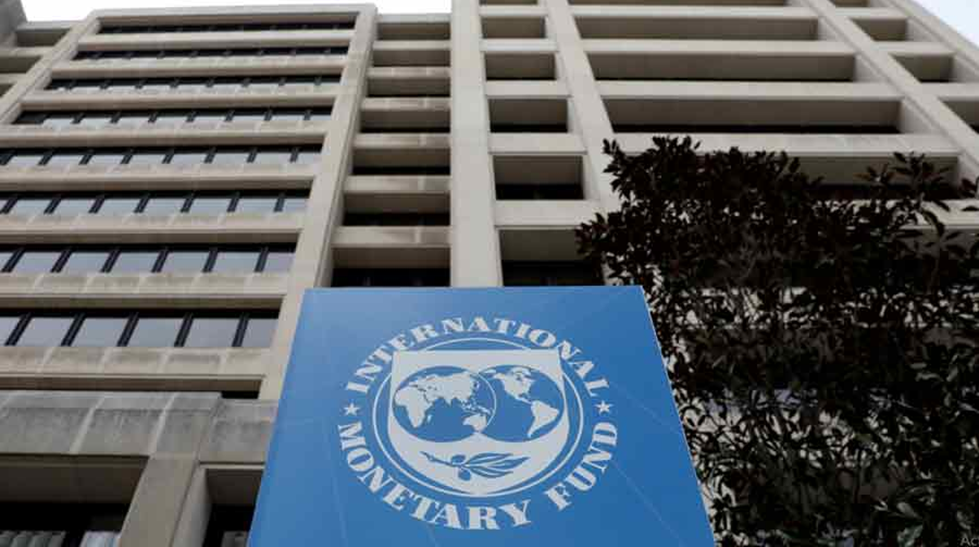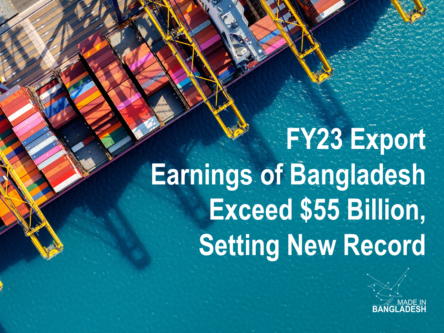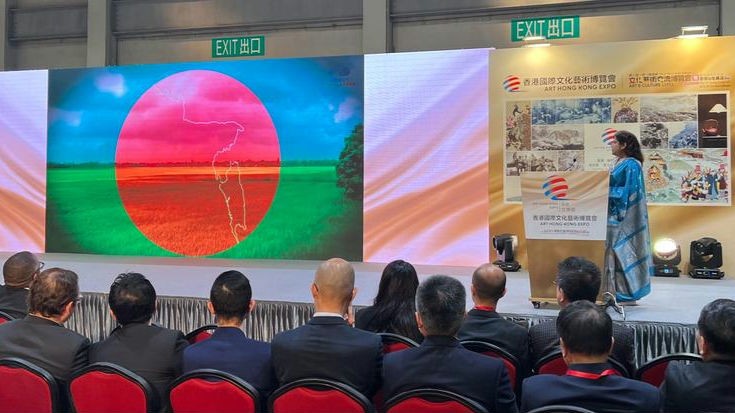Building a Stronger Regional Value Chain: BGMEA President's Vision for Mutual Benefits
- By -- 6 minutes read --
- May 15, 23
" Strengthening Regional Value Chains: Insights from the 6th Indian Ocean Conference "
The President of the Bangladesh Garment Manufacturers and Exporters Association (BGMEA), Faruque Hassan, recently emphasized the need to create a collaborative supply chain among the countries in the Indian Ocean region to strengthen the regional value chain and derive mutual benefits. In his view, countries could complement their respective strengths and capabilities to grow together. Faruque also pointed out that, in today's era of globalization, building a stronger regional value chain is crucial, as seen in the alliances formed by developed countries in the West.
Faruque made these remarks during a session titled “Roadmap for an Economically Sustainable Future in the Indo-Pacific,” which was part of the 6th Indian Ocean Conference held in Dhaka on May 12–13. This conference aimed to promote economic growth and development in the region and was attended by policymakers, scholars, and business leaders from various countries in the Indian Ocean region. The session featured other prominent speakers, including Aly Houssam El-Din El-Hefny, secretary general of the Egyptian Council for Foreign Affairs; Lujaina Mohsin Haider, chairperson for Infrastructure, Technology, Industrial, and Consumer Solutions (ITICS) in Oman; and Prasad Kariyawasam, former foreign secretary of Sri Lanka. The discussion was chaired by Doval, a member of the Governing Council of the India Foundation. The panel discussed the impact of COVID-19 on the global economy and the need for international cooperation to overcome the pandemic. They also highlighted the importance of technology and innovation in finding solutions to the challenges posed by the crisis.
Faruque stressed the importance of knowledge and technology transfer to build capabilities and enhance competitiveness in their respective sectors. He also highlighted that exchanging knowledge, expertise, and technologies within the region is vital for sustainable and inclusive growth and development. Each country in the region has its own specific skill sets, and collaboration could yield mutual trade benefits. For instance, Bangladesh specializes in the downstream, final garment segment, whereas India focuses on the upstream segment, supplying Bangladesh with intermediate inputs like silk, cotton, yarn, and textiles. Cooperation between India and Bangladesh may lead to a more effective and economical textile supply chain, increasing both nations' competitiveness in the international market and their earnings.
Overall, the 6th Indian Ocean Conference was a valuable platform for stakeholders in the region to exchange ideas and explore opportunities for economic development. The joint efforts of the Bangladeshi Foreign Ministry and the India Foundation were instrumental in making this conference a success.
News Source : https://madeinbangladesh.digital/news/bgmea/
.png)




